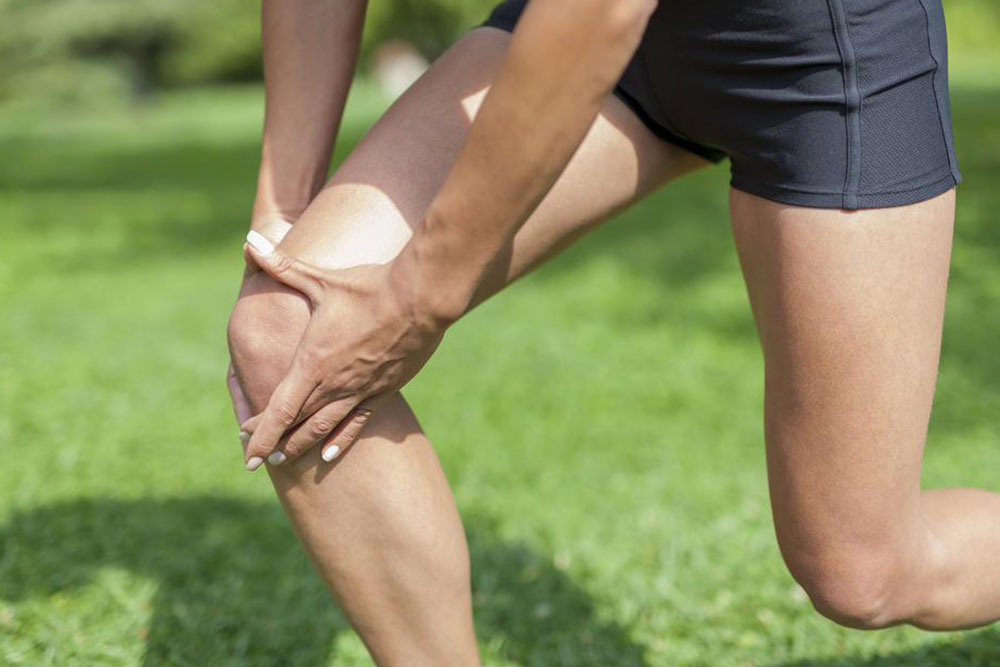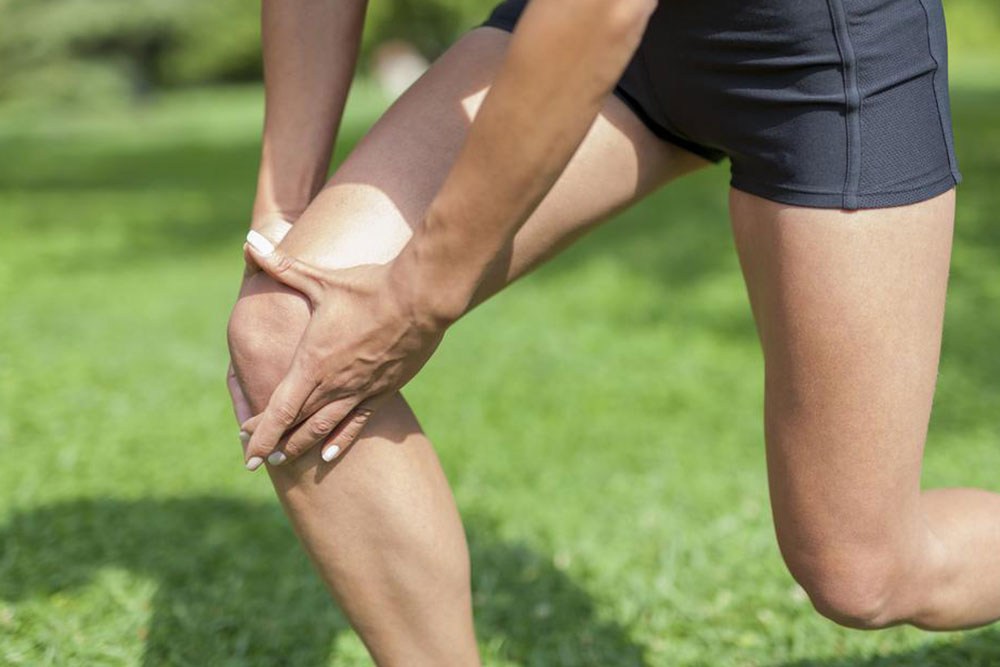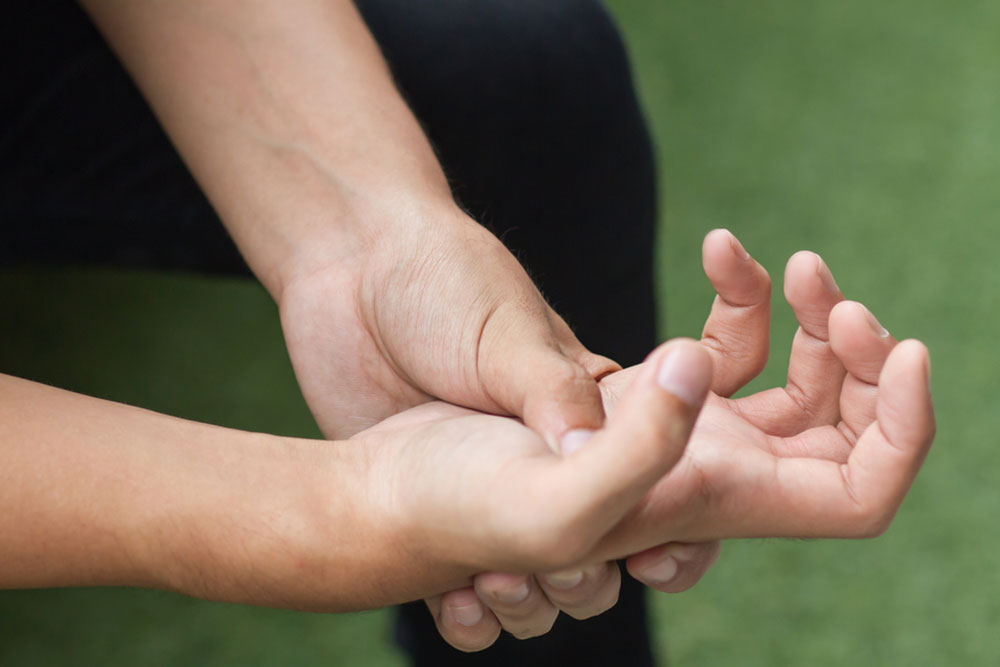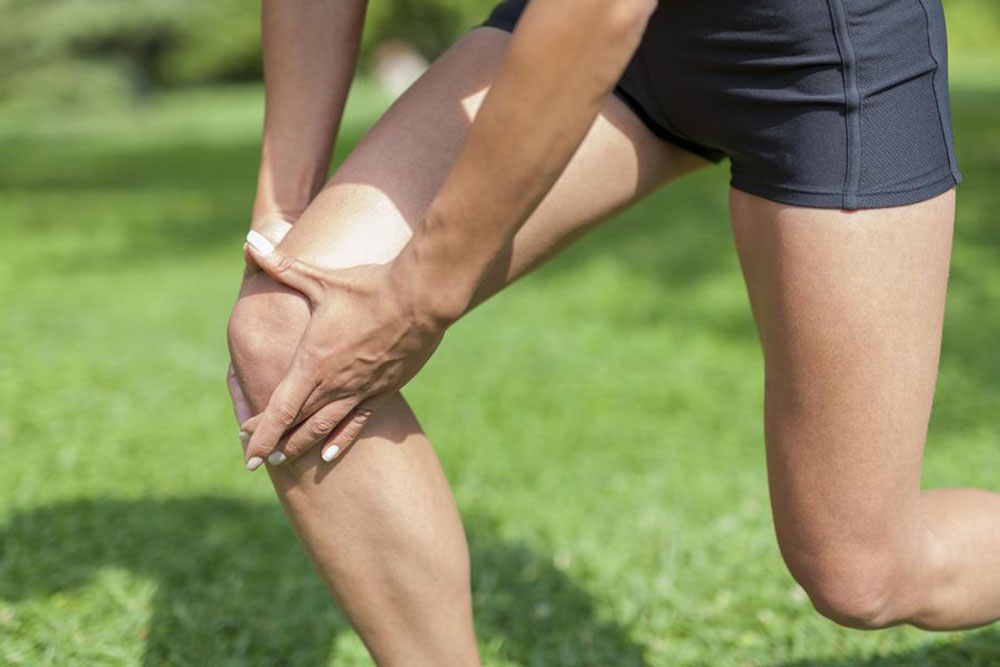Comprehensive Guide to Recognizing Key Indicators of Psoriatic Arthritis
Learn to identify the key signs of psoriatic arthritis early, including swelling, foot pain, back issues, and nail changes, to prevent joint damage. Recognizing these symptoms promptly allows for timely treatment and better management of this autoimmune condition.

Critical Signs and Symptoms of Psoriatic Arthritis You Need to Know
Psoriatic arthritis is a chronic autoimmune disease that affects many individuals who already suffer from psoriasis, a skin condition marked by rapid skin cell proliferation and the formation of scaly patches. While psoriasis manifests visibly on the skin, psoriatic arthritis primarily targets the joints, leading to inflammation, pain, and potential joint damage if left untreated. Studies show that approximately 30% of people with psoriasis will develop psoriatic arthritis at some point during their lives, emphasizing the importance of early detection and intervention.
Understanding the Symptoms of Psoriatic Arthritis: Recognizing the early signs of psoriatic arthritis is crucial for managing the disease effectively and preventing long-term joint damage. The symptoms can vary significantly among individuals, making awareness vital for timely medical consultation. Here are some of the most common and notable indicators:
Swelling in the Fingers and Toes: One of the hallmark signs of psoriatic arthritis is noticeable swelling in the fingers and toes, which often develops into a distinct sausage-like appearance, medically known as dactylitis. This swelling results from inflammation around the joints and tendons. If not addressed promptly, it can lead to deformities and permanent joint damage. People often confuse this swelling with infections or other causes, so proper diagnosis is essential.
This swelling is not just a cosmetic concern—it reflects underlying inflammation that requires medical attention to prevent progression. Proper assessment by a rheumatologist can determine the underlying cause.
Foot and Heel Pain: While joint pain is common across various forms of arthritis, specific tendinous inflammation is more characteristic of psoriatic arthritis. Conditions such as Achilles tendinitis, which involves inflammation of the Achilles tendon, and plantar fasciitis, which is inflammation of the tissue connecting the heel to the toes, are frequently observed. These conditions cause heel and foot pain, often worsening with activity or prolonged standing. Recognizing these symptoms early can lead to targeted treatments that alleviate pain and reduce the risk of chronic damage.
Lower Back and Spinal Involvement: Psoriatic spondylitis, a subset of psoriatic arthritis, involves inflammation in the spine and sacroiliac joints. Patients may experience persistent lower back pain, stiffness, and reduced mobility. Approximately 20% of individuals with psoriatic arthritis develop spinal involvement. Differentiating this from other back conditions is important for appropriate management.
Morning Stiffness and Reduced Mobility: Stiffness in joints upon waking is a common symptom reflecting ongoing inflammation. This stiffness can last from 30 minutes to several hours, making routine movements difficult. It often improves as the day progresses but can interfere significantly with daily activities if untreated.
Nail Changes and Skin Symptoms: In addition to joint symptoms, nail abnormalities like pitting, ridging, or separation from the nail bed (onycholysis) are frequent in psoriatic arthritis. These nail changes often coexist with skin psoriasis, which presents as scaly, red patches on various parts of the body. Recognizing these nail and skin signs can aid in early diagnosis and comprehensive management of the disease.
If you notice any of these symptoms, seeking medical advice promptly is critical. Early diagnosis and intervention can help manage symptoms, reduce joint damage, and improve quality of life. Rheumatologists and dermatologists are equipped to develop personalized treatment plans tailored to the severity and progression of psoriatic arthritis.





